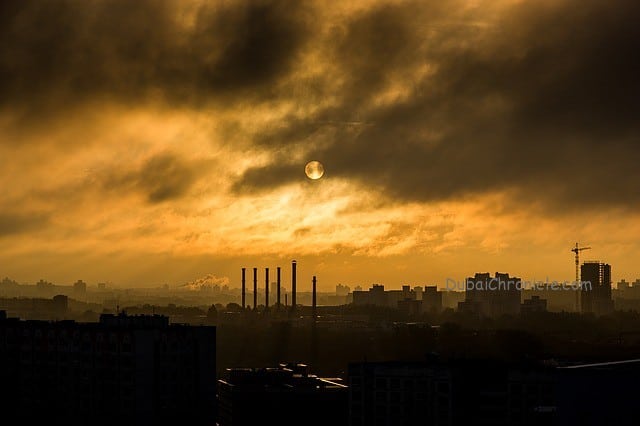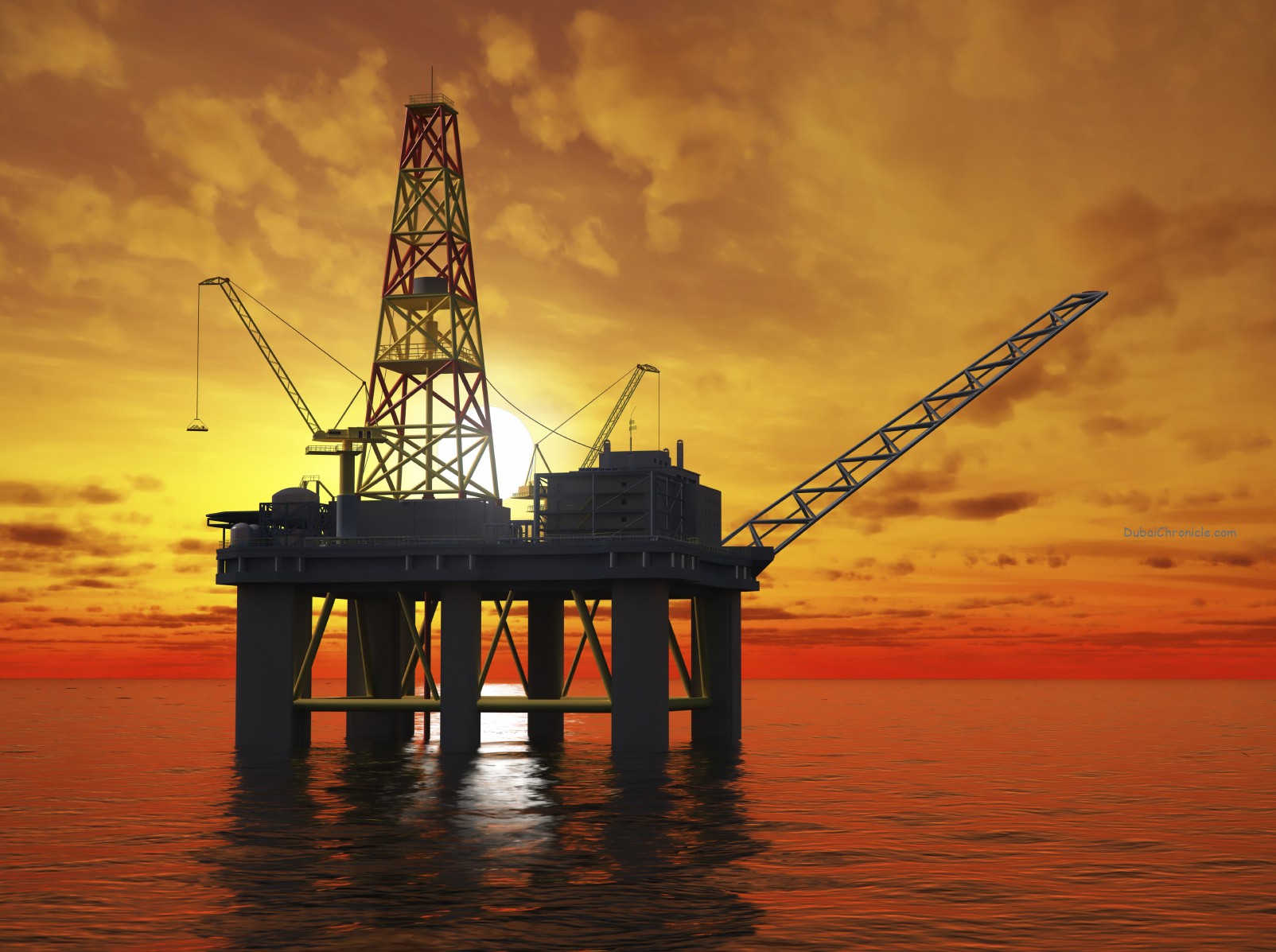
Fareed Zakaria, host of CNN’s flagship foreign affairs program ‘Fareed Zakaria GPS’ will interview two Indian icons later today, Sunday 21st of February. India’s richest man and Chairman of Reliance Industries, Mukesh Ambani, will offer his comments on oil prices, while Bollywood superstar Shah Rukh Khan will answer questions about Bollywood.
‘Fareed Zakaria GPS’ airs on CNN at 10 am and 1 pm EST Sunday in the United States and five times globally on CNN International.
Zakaria, often described as “the most influential foreign policy adviser of his generation” and certainly one of a kind from Indian roots, speaks to Ambani on his “massive investment” in Reliance Jio and the single biggest “economic opportunity of the moment.” Ambani explains why he is betting big on Jio and why that is crucial for India which is on the threshold of a revolution never seen in a “100 years”.
Barely a few weeks ago, it was Shah Rukh Khan’s selfie with Mukesh Ambani during the #CelebratingJio launch in Mumbai which smashed records for retweets on Twitter.
“As we saw the year 2012-13, India is 150th in the world in mobile broadband penetration as well as quality. And Jio is really conceived to change this position,” says Ambani in the exclusive interview that airs worldwide on CNN. Zakaria speaks at length with Mukesh Ambani on global oil prices too. Ambani said oil prices will remain “low for long, at least 3-5 years.”
Zakaria travelled from New York to Mumbai to meet Ambani at his residence — Antilla, in India’s financial capital.
Both these marquee interviews on the GPS show have made it into the “must watch” buzz across American broadsheets.
Zakaria introduces Shah Rukh Khan to his audience this way: “If you don’t know him and his work, you should.”
Shah Rukh Khan, sporting a beard, talks about how Hollywood is competing to make a mark in India while Bollywood movies stand shoulder to shoulder in the global marketplace.
“If they don’t have six songs, they’re not competing with us,” Shah Rukh Khan begins before getting serious about strategy and stardom in the movies.
“It will be quite a while before international cinema becomes real competition,” Shah Rukh tells Zakaria.
Excerpts from the Mukesh Ambani interview:
Fareed Zakaria: Your company generates huge amounts of cash. You have been pouring all of of this into one huge venture which is to provide the internet to people essentially on cellphones. Why do you think this is worth that massive investment?
Mukesh Ambani: I believe that humanity is at the doorstep of massive change and we are just at the beginning of the information and digital age. And, in the next 20 years, in a networked society, we are going to have change much more than we have seen in the last 100 years. It’s really digitisation and the digital world that is going to lead this. From an India point of view…India cannot be left behind in this revolution. As we saw the year 2012-13, India is 150th in the world in mobile broadband penetration as well as quality. And Jio is really concieved to change this position.
Zakaria: Your company runs the largest oil refinery in the world. What do you think is the trajectory for oil prices going forward?
Ambani: As we see the situation- it’s low for long. And it’s really the first time in the world that oil prices have gone down on incremental supply.
Zakaria: What does that mean? Could you explain?
Ambani: What it really means is that we have had oil price spikes but never has it been because of more supply than demand. Also because of innovation primarily in the US, we have large quantitues of oil. The US has gone from less than a million barrels per day to 9 million barrels a day and OPEC has lost control of supply.
Zakaria: How long is long?
Ambani: At least 3 to 5 years until we see a structural change, but i’ve always been wrong (smiles).
Zakaria: This is indeed a dramatic situation…
Ambani: As we sit in India, consequence for India is very favourable as we are one of the largest importers of oil. It helps our forex bill, helps lower prices and in a certain sense it helps fiscal deficit of the government as they can mop up incremental revenue. For oil importing countries it is very good. On an overall economic basis, it is deflationary. All of us understand the dangers of deflation.



































